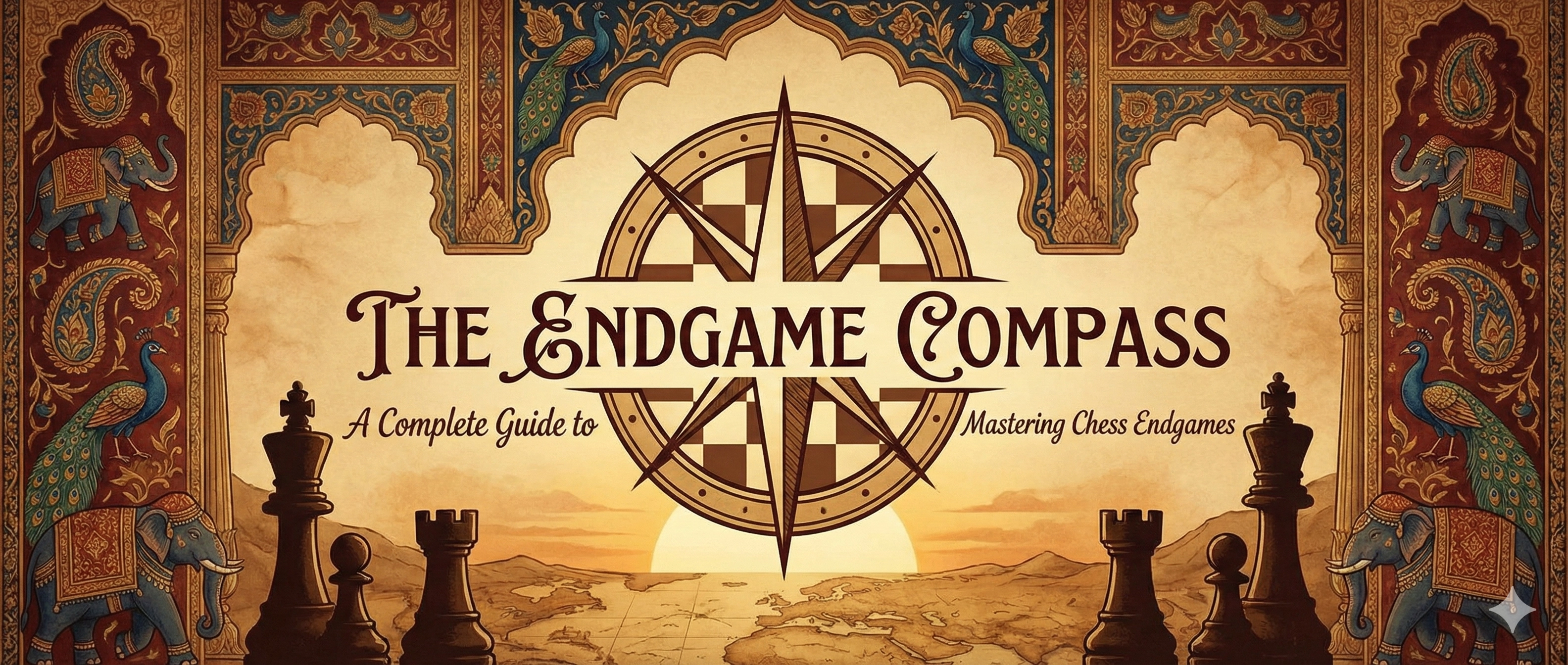Are you curious about the units of measurement people used to weigh before kilograms and grams became popular? While the metric system reigns supreme in most of the world, stones and pounds hold on in a few places, particularly the UK and Ireland.
We use them for measuring our body weight, groceries, and even some construction materials. Pounds help estimate the weight of packages, while stones give a quick reference for our fitness goals.
Though less scientific than kilograms, these units hold significance in daily life due to their familiarity and long-standing use. Let's take a closer look at Stones to Pounds units and how they compare.
In this blog, you'll navigate their origins, history, and significance and learn how to convert between them.
- What is a Stone?
- Conclusion
- FAQs
- 1. What is the historical origin of the unit "stone" in the context of weight measurement?
- 2. How many pounds are equivalent to one stone?
- 3. In which regions are stones and pounds still commonly used for measuring weight?
- 4. What is the formula for converting stones to pounds?
- 5. Why is it important to know how to convert stones to pounds?
- 6. If a bag of sugar weighs 56 pounds, how many stones is that?
What is a Stone?
The stone (abbreviated as st.) is a traditional unit of weight equal to 14 pounds or 224 ounces. Its origins date back to medieval England, where traders used locally found stones as counterweights on scales to measure goods. Over time, these stones were standardized and later made from materials like iron to ensure fair trade and consistency.
1 stone = 14 pounds

Though not used formally, stones are still referenced in day-to-day conversations by British and Irish people, especially regarding body weight.
For example, “I need to lose a few stones” or “My baby weighs 9 stones” are not uncommon. Survival of such colloquial usages shows the deep cultural roots of traditional units like stones.

The Eschborn Museum's 2nd-century stone weight of 40 Roman pounds (c. 13 kg), beside an ID-1-sized card for scale.
2. What are Pounds?

A pound is a unit of weight and mass commonly used in the United States and the United Kingdom. The abbreviation for pound is lb. The word pound comes from the Latin pendere, meaning "to weigh".
The Latin libra means "scales, balances" and describes a Roman unit of mass similar to a pound. Pounds as units originated from Roman times when the currency was weighed in ‘pounds’ of silver.
The pound unit was later applied to measure weight. Back then a ‘pound’ differed greatly from the modern pound which equals 0.45 kilos.
1 pound (lb) = 0.45359237 kilograms (kg)
Significance of Stones and pounds
The stone, as a unit of measurement, dates back to the Roman Empire, where stones were used as a standard weight. Over time, the stone was standardized to equal 14 pounds.
Meanwhile, the pound has a complex history, with its origins traced to various cultures and civilizations. It has been used in trade and commerce across Europe and beyond for centuries.
Today, the stone unit of measure is still used in some countries, particularly in the UK and Ireland, but it is not as widely recognized as the standard unit of weight. Stones and pounds are still used for measuring personal weight, as well as for other purposes like weighing food or goods.
While metric units like kilograms and grams are more commonly used worldwide, stones and pounds retain cultural significance and are ingrained in everyday language and practices.
Converting Stones and Pounds
Converting between stones and pounds is quite simple once you understand the relationship between the two units. Stones can be easily converted to pounds using this simple formula:
1 stone = 14 pounds ⇒To convert from stones to pounds, simply multiply the number of stones by 14.
Formula
Number of pounds = Number of stones × 14
Formula
7 stones = 7 x 14 = 98 pounds ⇒To convert from pounds to stones, divide the number of pounds by 14.
Formula
Number of stones = Number of pounds ÷ 14
Formula
182 pounds = 182/14 = 13 stones
3. Conversions Between Common Weight Units
This chart allows you to convert between any two units of weight by finding the intersecting cell and multiplying or dividing depending on the direction of conversion.
From / To | Stone (st) | Pound (lb) | Kilogram (kg) | Gram (g) | Metric Ton (t) |
Stone (st) | 1 | 14 | 6.35029 | 6350.29 | 0.00635029 |
|---|---|---|---|---|---|
Pound (lb) | 0.0714286 | 1 | 0.453592 | 453.592 | 0.000453592 |
Kilogram (kg) | 0.157473 | 2.20462 | 1 | 1000 | 0.001 |
Gram (g) | 0.000157473 | 0.00220462 | 0.001 | 1 | 0.000001 |
Metric Ton (t) | 157.473 | 2204.62 | 1000 | 1000000 | 1 |
Practical Examples
If a person weighs 10 stones, how many pounds is that?
Number of pounds = 10 stones × 14 = 140 pounds
Suppose a bag of flour weighs 42 pounds. How many stones is that?
Number of stones = 42 pounds ÷ 14 = 3 stones
Change 9 stones 8 pounds into total pounds:
Stones part = 9 stones = 9 x 14 = 126 pounds
Pounds part = 8 pounds
Total weight = 126 + 8 = 134 pounds
1. Convert 127 pounds into stones and pounds
Divide by 14: 127/14 = 9 (stones part)
Remainder = 127 - 14*9 = 3 pounds
Thus, 127 pounds = 9 stones 3 pounds
4. Exciting Facts
1) The term "stone" comes from the Old English word "stān," which means stone or rock. It's thought to refer to the use of stones or rocks as weights in ancient times.
2) In some sports like boxing and wrestling, athletes often have their weight announced in stones and pounds rather than kilograms.
3) In literature and popular culture, stones and pounds are frequently used to describe a person's weight, adding to their enduring relevance.
4) Before metrication (switch to metric system), stones and pounds were also used to measure the weights of newborn babies in hospitals across Britain!

5) Boxing and wrestling matches in Britain have historically categorized contenders into weight classes measured in stones and pounds rather than kilos.



Conclusion
While stones and pounds might seem like ancient units of measurement, they still hold relevance today, offering a unique glimpse into our historical past and cultural traditions.
Imagine buying groceries – meat and produce are often priced per pound, making it easier to compare deals with stones in mind. Similarly, following a fitness routine might involve aiming to lose "half a stone," a familiar target for many.
While the metric system reigns supreme in most countries, stones and pounds persist, reminding us that sometimes, cultural significance trumps pure scientific measurement.
Understanding how to convert between stones and pounds can be handy, especially when dealing with measurements in daily life or when you come across references to these units in literature or media.
FAQs
1. What is the historical origin of the unit "stone" in the context of weight measurement?
The term "stone" originated from the Old English word "stān," which referred to stones or rocks used as weights in ancient times.
2. How many pounds are equivalent to one stone?
One stone is equal to 14 pounds.
3. In which regions are stones and pounds still commonly used for measuring weight?
Stones and pounds are still commonly used in regions like the United Kingdom and some other parts of the world.
4. What is the formula for converting stones to pounds?
The formula for converting stones to pounds is: Number of pounds = Number of stones × 14.
5. Why is it important to know how to convert stones to pounds?
It is important to know how to convert stones to pounds because pounds are a more commonly used unit of weight in many countries. Being able to convert between these two units allows for better understanding and communication when discussing weight, whether it's for personal health or other purposes.
6. If a bag of sugar weighs 56 pounds, how many stones is that?
To convert 56 pounds to stones, we divide by 14: 56 pounds ÷ 14 = 4 stones. So, the bag of sugar weighs 4 stones.






Comments